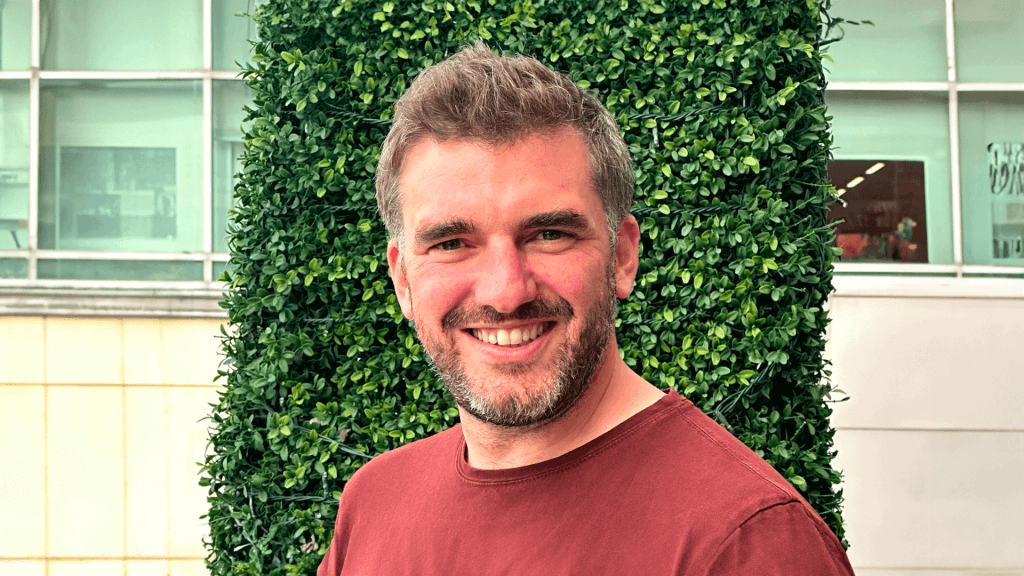For British business, it’s clear that we are all on a path to Net Zero. Whether it is because of upstream pressure from customers, regulatory pressure or the determination of an individual to drive change for the sake of the planet.

Regardless of the reasons, it’s obviously a good thing that businesses are making sustainable decisions and trying to reduce their emissions. The science is clear, we cannot continue to pump carbon into the atmosphere if we are to have any chance of preventing global warming exceeding 1.5 degrees.
One of the Government’s tools to regulate carbon emissions is the Energy Savings Opportunity Scheme (ESOS). This is designed to help businesses by making them aware of their current energy use, beyond the expenditure on it, and to get them to consider how they could reduce their consumption.
The scheme has been rolled out in phases, with each phase requiring more detail. There are also compliance requirements of the report, it must be completed by a certified assessor, must include energy consumption and must include site visits, to name a few.
The deadline for the latest phase report submission was December 31st 2023 but that has been extended to June 5th.
For the first two phases of ESOS, simply getting a report done and submitting it was enough to be compliant. That is changing with Phase 3, where businesses will be expected to demonstrate where they have made savings.
Getting an ESOS report done is not especially difficult, there are many excellent consultancies which offer the service, but it is time consuming. The assessor is required to make site visits, not every site but the expectation is certainly a representative proportion; this takes time.
The consumption data has to cover the past twelve months as a minimum, and has to be a more recent twelve months to the last report. The final report should include this consumption and make recommendations on where energy could be saved. However, what the consultancy will not necessarily do is implement those recommendations.
Depending on the business, potential savings can be hundreds of thousands of pounds or more, but many businesses are not realising these savings. Having someone who understands the ways in which energy can be saved and who can lead initiatives and implement energy saving projects is key to this.
It is not difficult or overly expensive to undertake an ESOS Assessment certification course. There are many available which take between 2-5 days to complete. Businesses that take sustainability and competitive advantage seriously should be funding their sustainability lead to become a certified assessor and encouraging them to use the time between reporting deadlines to implement the recommendations.
Key to delivering accurate energy saving estimates, however, is having access to data which reflects the true cost of your current usage and also being able to forecast the likely cost of your energy going forward.
This is where technology can help.
A platform like True lets you look at the energy consumption of all your sites, every meter you pay the bill for, and it incorporates decades of experience of energy trading in its predicted price model.
This level of accuracy allows businesses to see the true return on investment of their sustainability projects, mapping it to carbon emissions and showing progress towards Net Zero goals.
The success of a sustainability strategy is not just the responsibility of sustainability leads; finance and procurement leaders must play their part too. Being able to look at a true cost benefit analysis of the impact of sustainability investment is key to making the right decision and getting the right advice on reducing your energy costs today, so investment can be made for the future.
Where you buy your energy, how you buy your energy and who you buy your sustainable technology from, has a significant impact on the success of your journey to Net Zero.
Ultimately, businesses need to have sustainability-trained employees who understand how the business works and to work with finance and procurement in a collaborative data space. Not just building a report but taking its findings seriously and taking action to implement the recommendations.
About the author
Chris Maclean is the founder and CEO of Open Energy Market, the first independent online trading platform for businesses to engage directly with UK Energy Suppliers. OEM’s Truezero.tech platform allows businesses to see their progress towards net zero in terms of both renewable energy purchased and produced by on-site generation.


